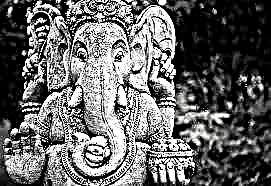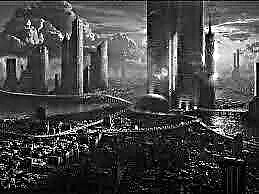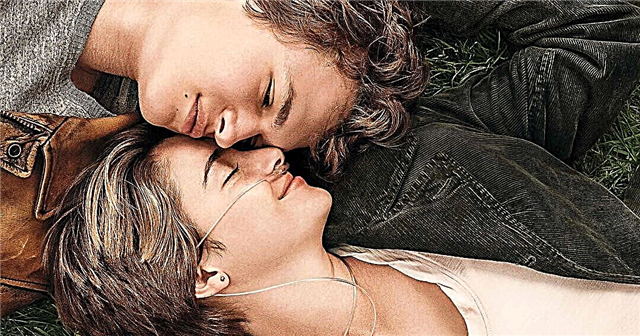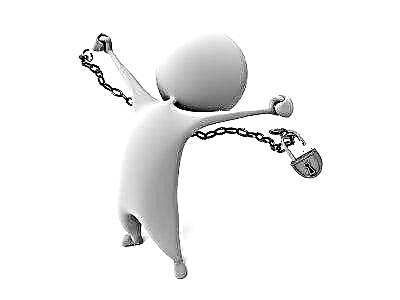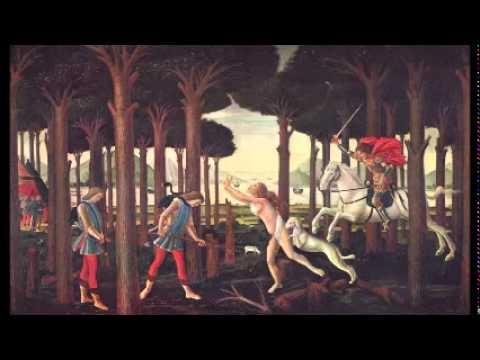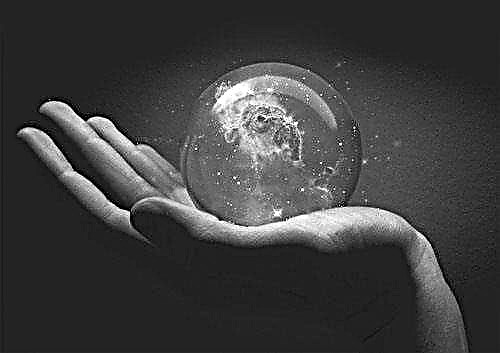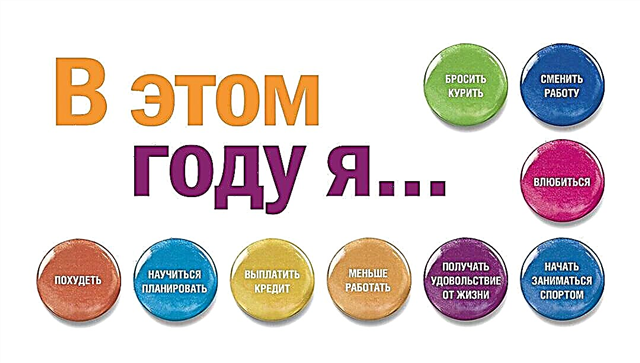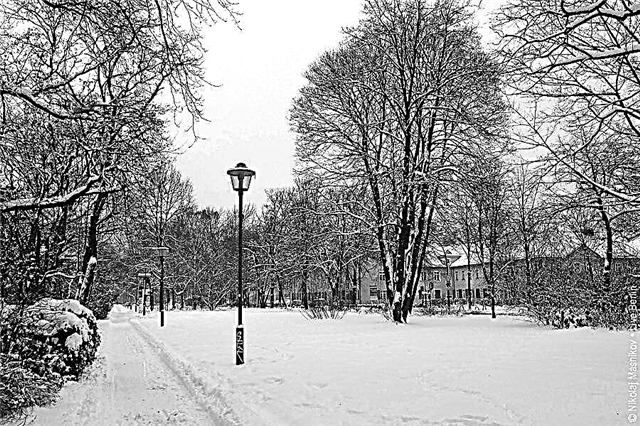Once about the immortal play “Woe from Wit”, the author himself, A. S. Indeed, reading this work, we see that around the main character Chatsky there are entirely representatives of a conservative society, which the author and his hero despise. Throughout the entire comedy, we see how Chatsky is compelled to lead long and deep debates about how important high-quality education is in our time, how fashion influence is detrimental to Russian identity, how the national spirit of the people and the moral values of a person suffer from thoughtless copying of Western culture. In the comedy, a serious struggle is played between the hero and the representatives of the “century past”, the second conflict of the play becomes his blind love for Sophia and faith in her soul.
In the comedy, there are many monologues of characters that look like manifestos or public appeals, mostly rhetorical. Only on the first lines of the play can we understand the meaning of further disputes and the general theme of the work. Famusov tells his daughter Sophia that reading is useless and harmful to her, and French novels all the more badly affect a young girl: "She reads fables all night / And here are the fruits of these books."
Against the background of such “optimistic” statements, we see Chatsky’s soulful monologues that are distinguished by the brightness and expressiveness of their language. The richness and beauty of his speech becomes especially noticeable when other characters insert their comments and stinging remarks full of abbreviations, vernaculars, sayings and hints into his thoughts: “try about the authorities, and let me tell you what it is!” .
One global debate can be observed in the play - between the current generation in the person of Chatsky and the past generation in the person of Famusov. In his speeches Famusov defends the old way, traditions and prejudices. He is the voice of old Moscow, the generation of the fathers of the nobility, the voice of the "past century" and the main force of conservatism. He is opposed by Chatsky, who almost single-handedly criticizes his position. “Almost alone” - because in the play they nevertheless casually mention some characters, such as, for example, the completely stupid nephew Fyodor, whom the princess recalls, as well as Plato Gorich, a man with brains, but spineless and suggestible. Skalozub's cousin is also mentioned as a bearer of advanced ideas and a man of the “present age.” All these references, albeit conditional, are off-stage, but give us the understanding that the hero still has someone to hope for.
A particularly significant fact is that the culmination of the comedy, in which Chatsky speaks his famous monologue, ends with a remark from the author stating that no one hears the hero, all his inspiring speech and call to action are lost in the fast flow of dancing couples. Let's see why the author does this with the main speech of our hero? Why is this moment the highest point of tension, but essentially nothing happens, no one hears the hero? To answer these questions, you need to read Chatsky’s monologue and understand what he’s talking about at this moment. Sophia asks him that he is so angry, and the hero, with all his passion and soul, answers her that his feelings are connected with the current situation of the Russian nobility, which is used to walking in slavery to those who have influence and power. The fact that everyone blindly and emptyly imitates Western culture and destroys Russian identity, culture and national character: “Will we rise from fashion from the rule of others?” - asks Chatsky. He is extremely concerned about the fate of our country, expresses the desire to go against the system, "to serve the Fatherland, not the ranks." We understand that the hero, unlike the whole society in which he is located, is not devoid of moral values and has a clear understanding of what is happening in the country. But Chatsky’s patriotism fades away along with faith in the bright future of the Motherland, along with faith in Sophia and all other people. His voice - the culmination of the entire work - is lost in a stream of dancing couples. We understand that Griboedov tells us about many similar unheard voices. Votes that tried to change things, but were unsuccessful. That is why this scene and this monologue were the result and culmination of the entire work.

